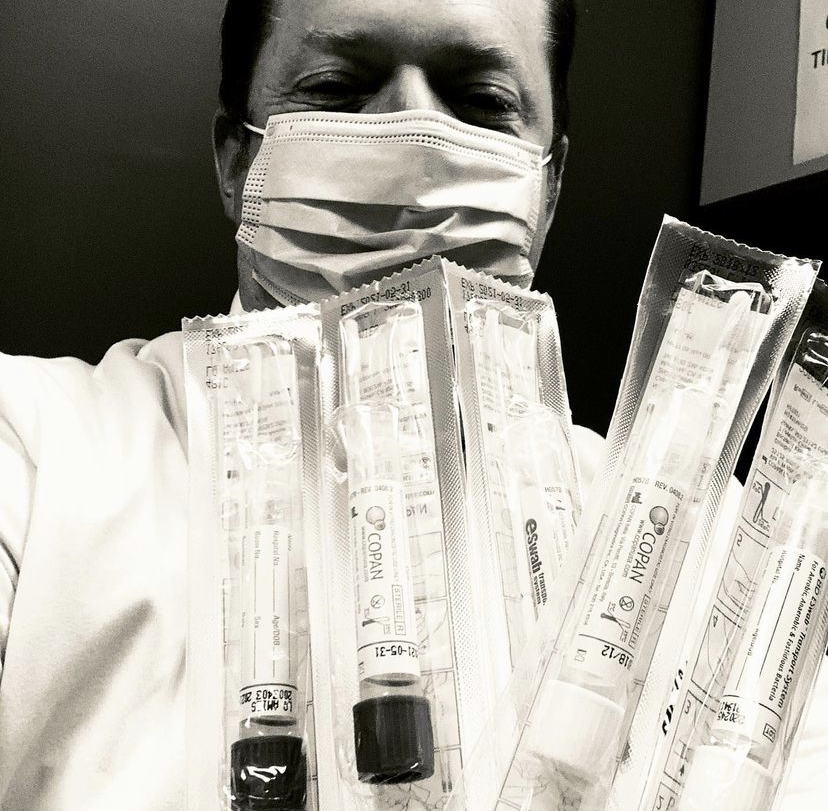Wild enough, now “PCR test” or “rtPCR” is almost a household name thanks to the COVID-19 pandemic. PCR testing is a highly specific and sensitive way to test for genetic material from all sorts of living things. It is used in forensics, microbiology research and most importantly in healthcare.
Not only are we testing nasal samples for COVD-19 but PCR is used as well for a variety of respiratory panels to look for other common viruses. For the past few years we even have clinical uses for PCR to identify tricky bacteria or fungi that may be leading to chronic sinus infections or recurring sinus infections. One big limitation that we are overcoming is that PCR is so incredibly specific that one test can only probe for one bacteria (in the past anyway). However custom probes can be made that will test for an entire family of bacteria or fungus, and is able to give the doctor real actionable treatment information. Chronic sinus infections and ear drainage should be thought of like a complex wound infection. Oftentimes multiple bacteria are involved and there is some degree of local immune system problem. Comprehensive testing has been a limitation for decades. Additionally other disease states may be impacted, such as Streptococcal throat colonization in certain forms of psoriasis (Guttate Psoriasis for example).
Taking swabs for bacterial/fungal PCR is not difficult. These are taken basically like regular culture swabs, although different transport tubes are used. Another big advantage of PCR is that results are obtained just a couple hours after the test begins – overnight instead of waiting days and days for cultures to grow on a Petri dish. Finally a huge advantage is that we can detect very small amount of infection even when the patient has been on antibiotics recently.
Dr. Rogers has been running PCR for difficult sinus infections, ear drainage and throat infections since about 2016 and is planning to expand services as access to PCR equipment has expanded lately. Thanks for the read and hope to see you soon!

